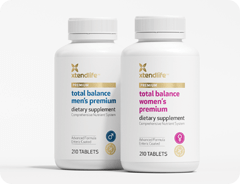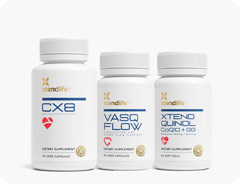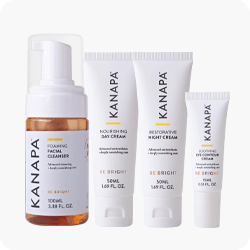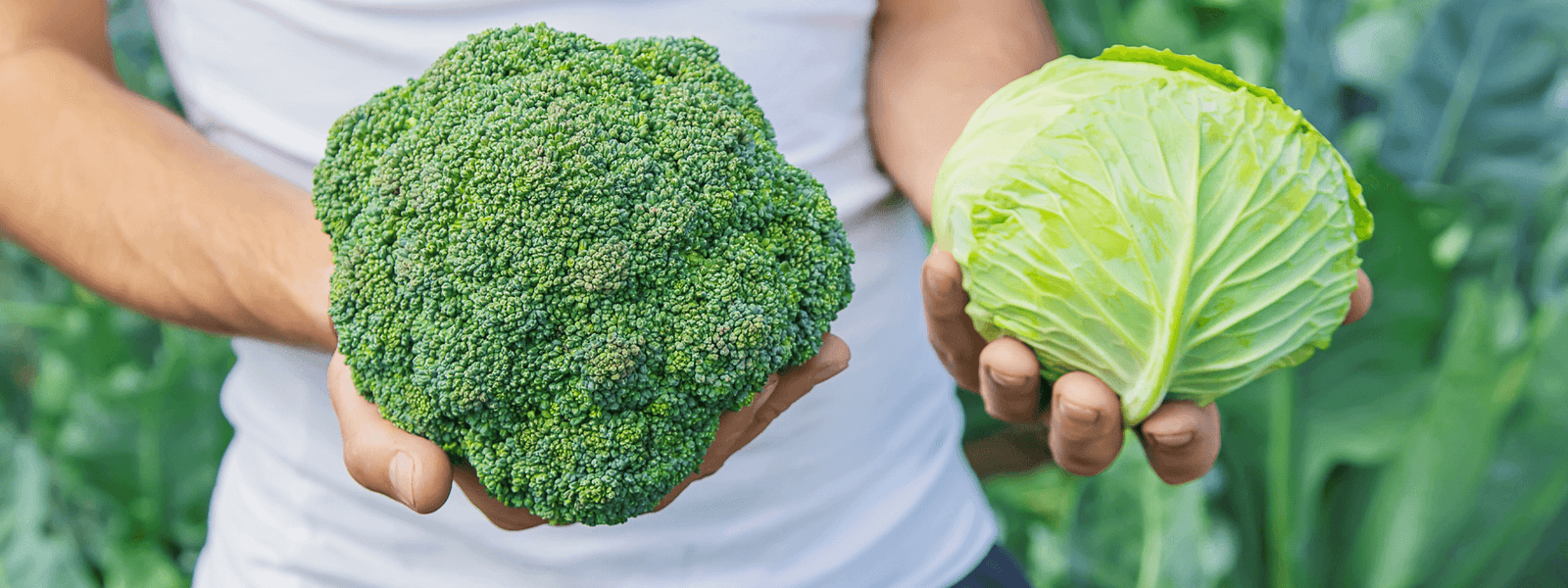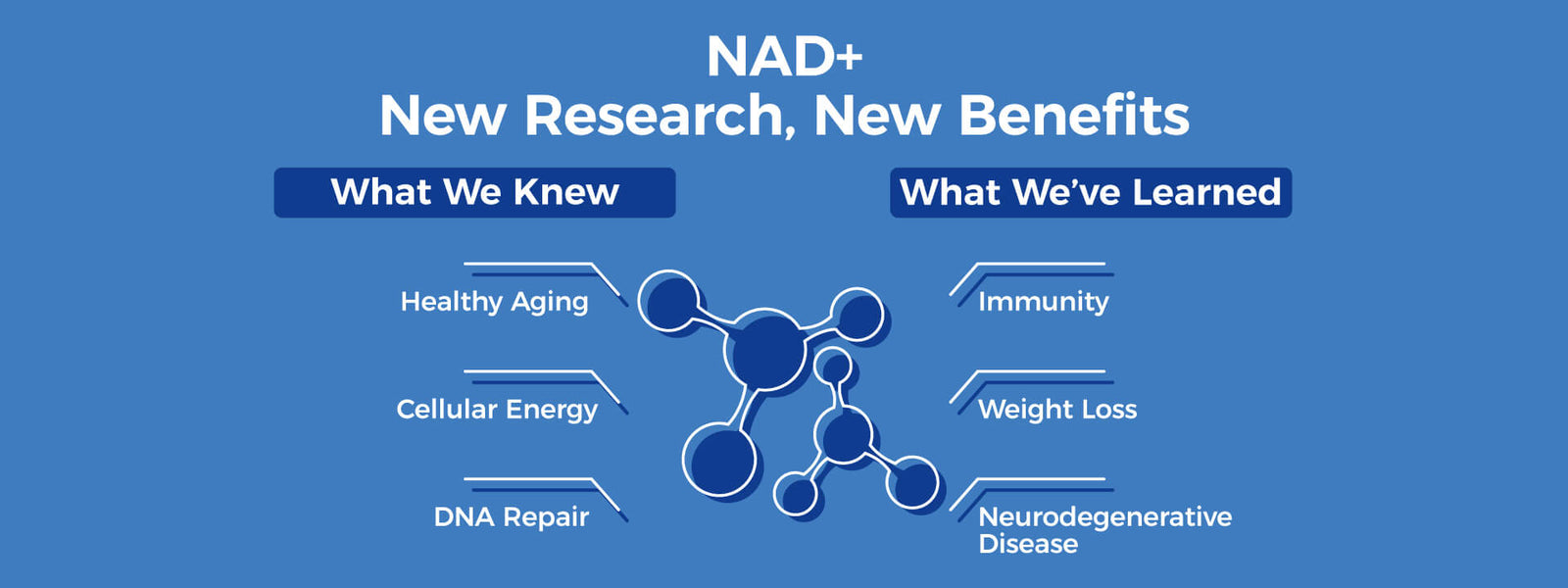Low-acid foods can be healthier for bones as they help to protect calcium properties, and alkaline diets also possibly protect against conditions such as macular degeneration. So, there are many potential benefits of following such a nutritional guideline.
Blueberries, amongst other berries of similar properties, are an excellent example of how to introduce alkalinity to your regime, and possibly help prevent bone loss and dementia. A regime high in raw/steamed vegetables and non-acidic fruits could be a key to achieving this type of protection. An acidic high-protein diet on the other hand can draw calcium from bone, which can later result in exactly this type of degenerative condition.
“Researchers found that diets rich in blueberries significantly improved both learning capacity and motor skills...."
Scientific studies show that there's too much hard-to-digest animal protein in diets generally, which can leach calcium and lead to osteoporosis and other bone health conditions. Instead, studies recommend concentrating on vegetables and some fruits as the mainstay to each meal, with anything else being a small accompaniment, rather than the other way around.
So why do some people not like vegetables and fruits?
Some people are born with a gene that makes vegetables taste bitter on the back of their tongue. This is developed over previous generations of unhealthy eating, developing this gene change and passing it down.
Others don't taste any bitter qualities of vegetables and these people usually grow up eating more fruits and vegetables without the common 'protest' we often see from infants.
“Minerals in fruits and vegetables in more than 100 studies have shown improved bone mineral density in 85% of cases studied...” (The Calcium Myth, Michael Castleman)
“16 essential nutrients are needed for healthier bones. A largely animal-protein-based diet is acidic. A largely vegetable and fruit diet is alkaline. That's the big picture - that a low-acid diet helps prevent bone loss. The article emphasizes that meat and dairy contain five to 10 times more protein per serving than fruits and vegetables.”
This doesn't mean however that you should never eat animal products or meat proteins. You of course need these (or their alternatives) for good health also. However, it is the way that they are combined that is the key to optimal health.
The alkaline materials from vegetables and fruits can neutralize some of the acids you get from eating animal protein. When your body has too much acid from eating animal proteins, your body draws calcium from your bone and dumps it into your bloodstream.
That's how bone loss occurs from eating too much animal protein. If you balance your eating habits however and concentrate on your vegetable and fruit matter as the main part of your daily eating and the main part on your plate at each meal, and provide the animal produce as an accompaniment, you will have a much better and healthier ratio.
Another correct is milk. Many people at risk of bone loss, or who wish to try to help prevent it, drink tons of milk each day. “... American women have been consuming an average of two pounds of milk per day for their entire lives, yet thirty million American women have osteoporosis.”
Drinking milk does not prevent bone loss. Bone loss is accelerated by ingesting too much protein. Milk is 'liquid protein', so this should be consumed in moderation only.
Berries and alkaline diets
Blueberries (and other similar structure berries) can help to protect against macular degeneration and bone loss. In recent studies, fruit intake has been shown to be definitely protective against the severe form of this vision-destroying disease.
Interestingly, eating fresh blueberries is not as good as eating frozen or cooked blueberries because the oxalates in the fresh blueberries may interfere with the absorption of calcium from your body. But frozen blueberries don't have this problem.
It's the anthocyanidins in the blueberries that help to recycle the rest of the vitamins in your body and repair cell membranes. The anti-inflammatory properties of blueberries work to strengthen your blood vessels. They contain phenolic and antioxidant compounds.
The phenolic compounds also help them to cleanse your digestive system (please see the information on our Digesten-K (now Kiwi-Klenz - our kiwifruit prebiotic) formula being released very soon, as this contains more info on the phenolic compounds in Kiwifruit. This is essential for health and nutrient absorption. Please keep an eye on our website for further information on this.)
Whole smoothies are a good way of taking in plenty of berries in your diet. Try a shake or smoothie in your blender using locally grown and home-frozen organic blueberries, raspberries, strawberries, blackberries, and a banana. Use a mixture of water and pomegranate or cherry juice for the liquid part of the smoothie and toss in a handful of raw almonds.


 Supplements
Supplements Bundles
Bundles